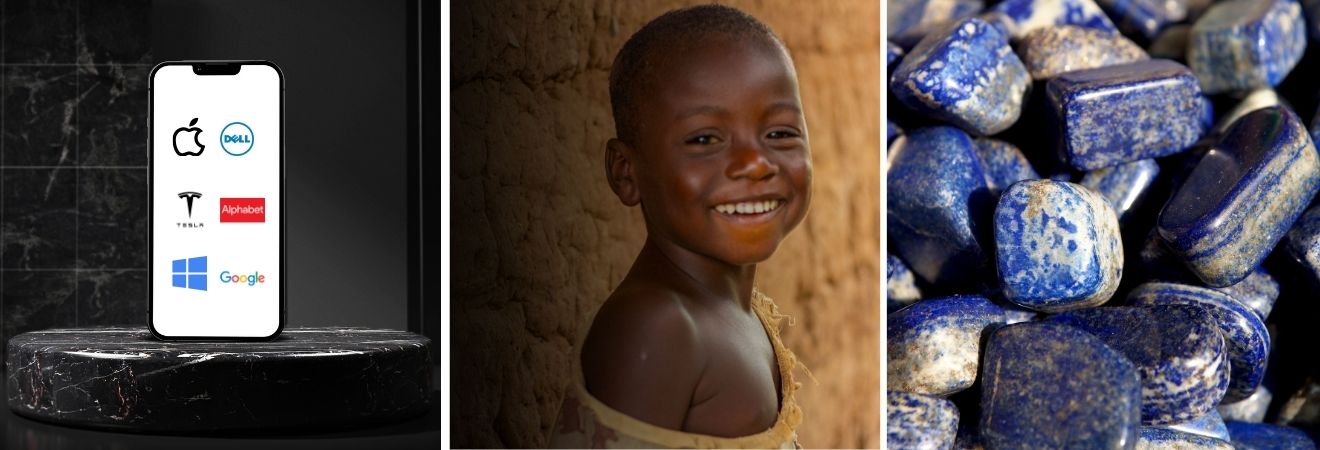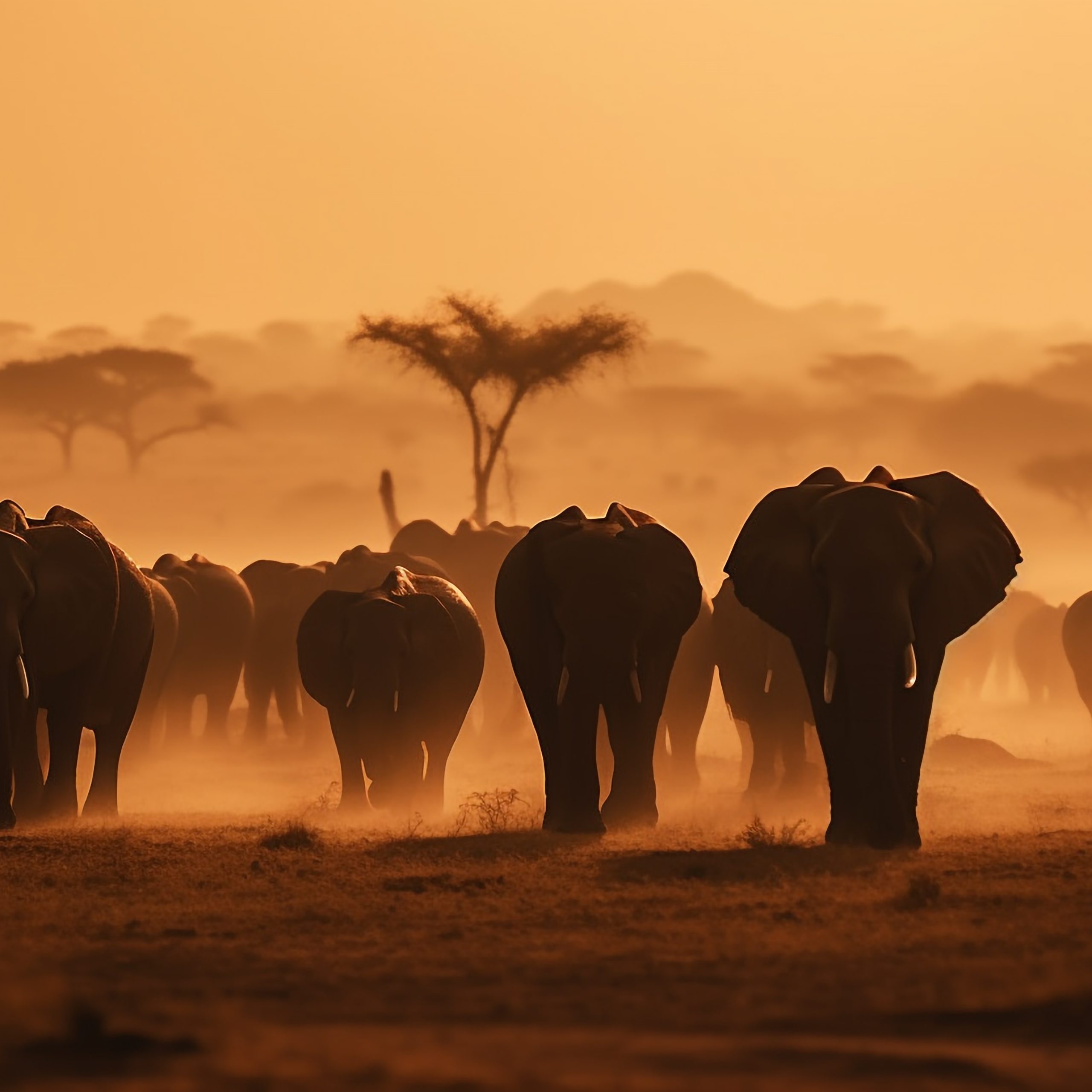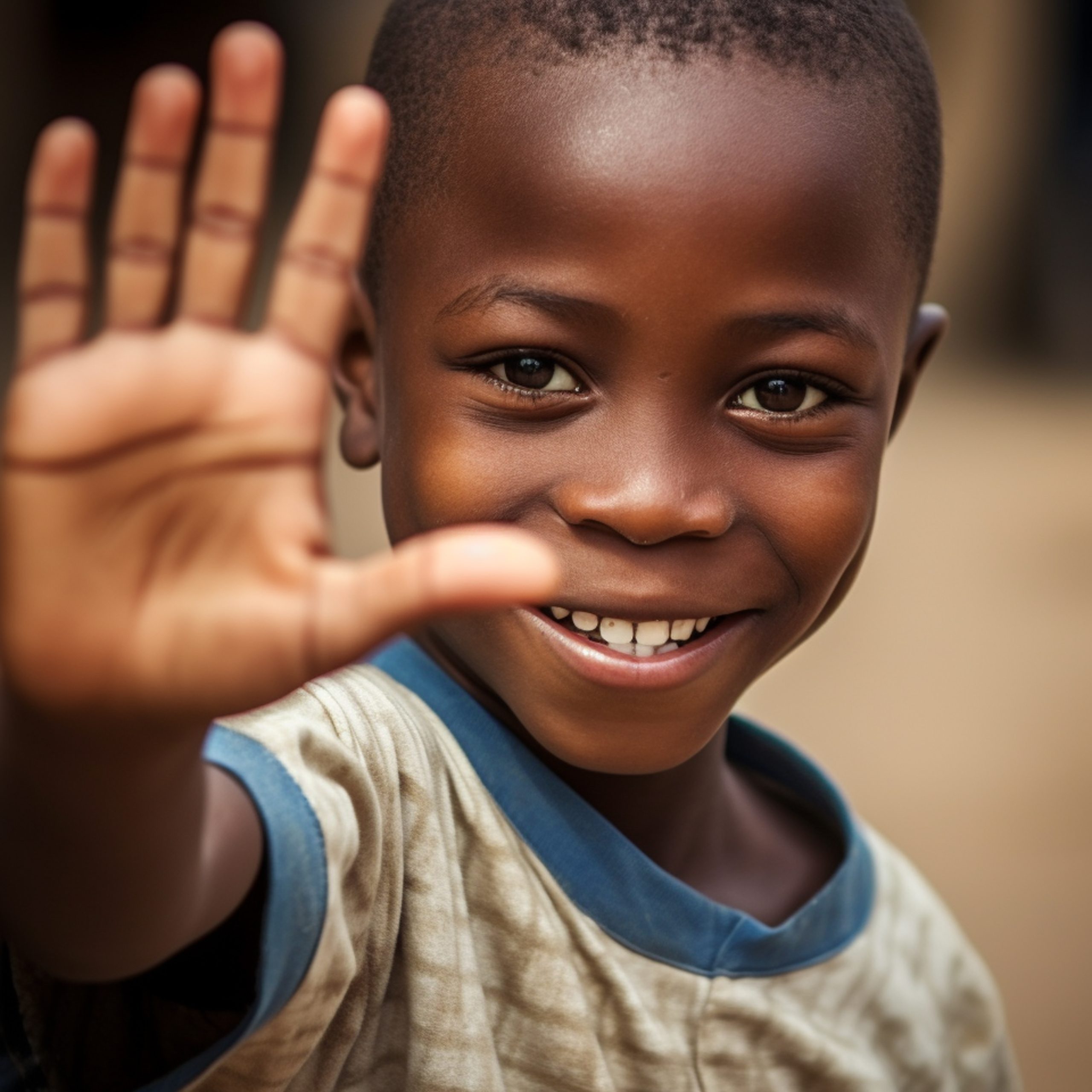THE CRUCIAL RESPONSIBILITY OF MULTINATIONAL CORPORATIONS IN THE DRC MINING SECTOR : a case of study on child labour
by Eunicia Lutete updated on May 21, 2024
In the heart of the Democratic Republic of Congo (DRC) lies a paradox that has perplexed diplomats, legal experts, and humanitarians alike: the cobalt mines, the lifeblood of modern technological advancement, that are tainted with the sweat and tears of Congolese people, especially children. Cobalt is a crucial mineral used in lithium-ion batteries that power smartphones, laptops, electric vehicles, and other tech devices. However, the cobalt mining industry in the DRC has drawn international criticism and scrutiny due to its association with child labour and human rights abuses.
The DRC boasts one of the world’s richest mineral dépositsbut most importantly troves of cobalt. However, beneath the glimmer of this lucrative industry lies a dark reality – one where multinational giant like Apple, Microsoft and other Chinese firms source their cobalt from mines where child labour is rampant, and transparency is elusive. In 2022, the DRC was the world’s largest cobalt miner with a production of 130,000 tons, or nearly 68 percent of the world’s cobalt. The DRC was the fourth largest producer of industrial diamonds in 2022 with a production of 4.3 million carats with some of the mines estimated to contain grades above 3 percent, significantly higher than the global average of 0.6 – 0.8 percent. (International Trade Administration 2024).
With the growing interest in the DRC cobalt, a report from UNICEF stated that approximately 40,000 children work in mines across the Haut Katanga region which is found in the southern part of the DRC, many of whom are involved in cobalt extraction. These children work in hazardous conditions, often without proper safety equipment, for pennies as a salary. Human Rights Watch and Amnesty International have documented cases of child miners facing serious health risks, physical abuse, and exploitation.
According to Siddharth Kara, an expert on modern day slavery, “more than 60% of the world’s supply of cobalt is mined in the ‘copper belt’ of the south-eastern provinces of DRC. His research suggests that of “more than 255,000 diggers mining cobalt in DRC, at least 35,000 are children, some as young as six.” His research claims that “children under the age of 14 years earn an average of $0.81 per day, adult females earn an average of $1.02 per day, and adult males earn an average of $2.04 per day.”

With the death and degrading involvement of child labour in the mining sector, 14 Congolese families who have lost their children in the extraction process have gathered to sue five major technology companies namely The Alphabet, Apple , Dell, Microsoft and Tesla in December 2019. On November 5th, 2021, a Washington DC court dismissed the cobalt mining deaths’ case against those major tech companies with Apple being the big giant of the case mentioned above. Unfortunately, this was due to the lack of tangible evidence in a global chain market.
Recent lawsuits against tech giants like Apple have shed light on the exploitation and abuse rampant in the Congolese mining sector. Reports have surfaced detailing the hazardous conditions under which children as young as seven toil in the mines, risking life and limb for a meager wage that won’t fulfill their hunger, let alone improving their life and fulfilling their dreams These children are robbed of their childhood, their education, and their future, all to satisfy the insatiable demand for cobalt in this era of highly advanced technology developments.
The fight goes on, with another lawsuit from the DRC government against Apple on March 5th, 2024, and without surprise the US court sides with Apple, Tesla, other tech companies over child labour in Africa. It seems that for the benefit of the International giant corporations, children are disregarded even though protecting children from abuse and neglect is a fundamental duty of the U.S. legal system!
Despite the Dodd-Frank Act in the United States which includes provisions that require companies to disclose their use of conflict minerals, including cobalt, and to ensure that their sourcing does not finance armed conflict or human rights abuses. It seems that the US legal system is turning a blind eye to the matter when it comes to child labour or human rights abuses in Africa due to the longstanding culture of exploitation . Moreover, the European Union’s Conflict Minerals Regulations only came into effect in 2021 when the emerging lawsuits against multinationals started surfacing against the violation of human rights in the DRC mining industry to ensure that the European supply chain of the importation of tin, tungsten, tantalum, and gold is free of human rights violations. Unfortunately, Cobalt has not yet been included in this regulation and is one of the most critical minerals mined experiencing child abuse. One would think that cobalt would be first on the list but the more conflict there is, the less regulations and the more multinationals will benefit from the conflict.
In addition, a 2016 Amnesty International report specifically named Apple, Samsung, Sony, and other companies as being unable to verify whether the cobalt in their products was mined by children. Such reports have led to calls for boycotts and have tarnished the public image of these corporations. Unfortunately, we are still far behind in implementing legal and human right practices in the extraction process.

What exacerbates this moral crisis is the lack of transparency and accountability from multinational corporations. Despite pledges to uphold ethical standards and ensure responsible sourcing, these companies have failed to provide adequate traceability mechanisms to verify the provenance of the minerals they procure. By turning a blind eye to the plight of Congolese miners, these corporations perpetuate a cycle of exploitation and poverty.
The ramifications of this ethical lapse extend far beyond the confines of the DRC. The use of conflict minerals, extracted through exploitative labor practices, tarnished the reputation of the tech industry and undermines global efforts to promote human rights and sustainable development. Moreover, the profits reaped from such unethical practices only serve to perpetuate instability and conflict in the region.
However, there is hope on the horizon. By regulating the mining sector and enforcing stringent labor standards, the DRC can reclaim control over its vast mineral wealth and channel it towards sustainable development. International pressure and legal action against complicit corporations have already catalyzed some reforms, albeit at a slow pace.
Multinational corporations must also shoulder their share of responsibility by investing in robust traceability systems and conducting thorough due diligence to ensure that their supply chains are free from exploitation. By adopting a proactive approach to ethical sourcing, these companies can not only mitigate reputational risks but also contribute to the socio-economic upliftment of the communities they operate in.
While major consumer electronic and automobile brands state they do not tolerate child labour in their supply chains, none have invested enough resources or time into ensuring that they can adequately address the human rights abuses that could be lurking in the products they sell to millions across the world.
The exploitation of Congolese cobalt miners by multinational corporations represents a moral crisis of global proportions. Only through concerted efforts from Governments, Corporations, and Civil Society can we hope to address this issue and pave the way for a more equitable and sustainable future. The DRC’s journey towards development and resilience hinges on the ethical conduct of all stakeholders involved in the mining sector, with transparency and accountability serving as guiding principles towards progress.



